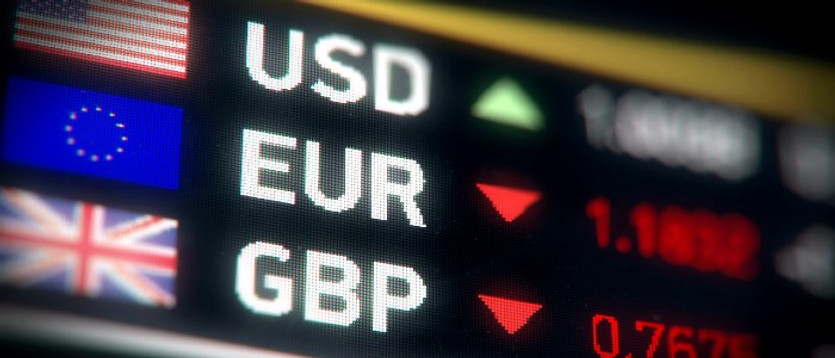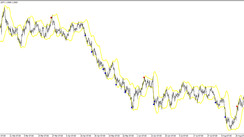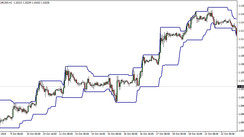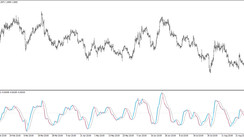Commodity prices and global stock indexes are declining again at the start of a new trading week. Last Friday, the US S&P 500 index fell 1.8% and recorded the strongest weekly losses in three weeks. Nasdaq-100 futures dropped 1.7%, as did Dow Jones Industrial Average futures. During the Asian session, almost all leading Asian indices fell: Kospi by -1.8%, Nikkei 225 - 2.1%. The Hang Seng fell 1.9% to its lowest since March 2020, while the Shanghai Composite fell 1.1%.
Futures on the popular European stock index EURO STOXX 50 started the trading day with a gap down, reaching an intraday low near 4043.0. This is 100 points (or 2.4%) below the closing price last Friday. Market participants were again seized by the fear of a new wave of infections, as it is already considered, a more dangerous omicron strain of the coronavirus.
At the same time, some of the world's largest central banks have begun tightening monetary policy to contain rising inflation. So, last week, the Fed and the ECB indicated a movement towards tightening policy, and the Bank of England in general raised the interest rate by 0.15% at once, from the level of 0.1%.
The number of infections is now on the rise again, posing the threat of longer supply chain problems and higher inflation. Economists and market participants expect the omicron strain to have a negative impact on economic growth, especially through restrictions on international travel. In recent days, activity restrictions have again been imposed in several European countries. So, in the Netherlands on Sunday, a quarantine regime was again introduced: all non-essential stores, bars and restaurants will be closed until mid-January. Irish Prime Minister Mehol Martin also announced new restrictions.
More and more restrictions are being introduced, and the number of cases is growing rapidly, posing the threat of a new economic slowdown. Against this background and against the background of falling European stock indices, the euro has risen sharply today. As the funding currency of the European market, the euro has strengthened during today's Asian session against all major world currencies, including even the dollar. Thus, the EUR / USD pair rose 36 points today, reaching an intraday high of 1.1273, while the rest of the major dollar currency pairs were falling against the dollar.
Meanwhile, the growth of the euro against the dollar is likely to be short-lived.
Last week, the US central bank announced that it is accelerating the pace of its stimulus program. This will allow it to be completed by March next year and to start raising the interest rate in the spring. Fed officials plan to raise interest rates three times next year, while the ECB will lag behind the Fed in the process. The growing divergence of monetary policy trajectories in the US and in Europe will tilt the market towards the dollar, while the slowdown in the European manufacturing sector will put additional pressure on the euro and EUR / USD.
No important macro statistics are expected to be released today. However, the volatility and trading volumes in the EUR / USD pair will rise tomorrow morning when the GfK consumer confidence index for Germany is published at 07:00 (GMT). It is a leading indicator that measures consumer confidence in the power of economic growth. The index is expected to fall again to -2.5 after falling to -1.6 in December. If the forecast is correct, then the euro is likely to respond with a short-term decline, as low consumer confidence negatively affects economic growth.
At the time of publication of this article, the EUR / USD pair is traded near the 1.1270 mark, developing an upward correction. The nearest resistance levels are located at 1.1285, 1.1290, 1.1300, near which new sales of EUR / USD are possible.
One way or another, still short positions on this currency pair look preferable: the different directions of the monetary policies of the ECB and the FRS again come to the fore. While the ECB will continue to cut back on PEPP bond purchases, it will increase asset purchases under the Permanent Economic Support Program (APP). On the other hand, we are not talking about an increase in interest rates: the ECB leaders consider the rise in inflation to be a temporary phenomenon.





